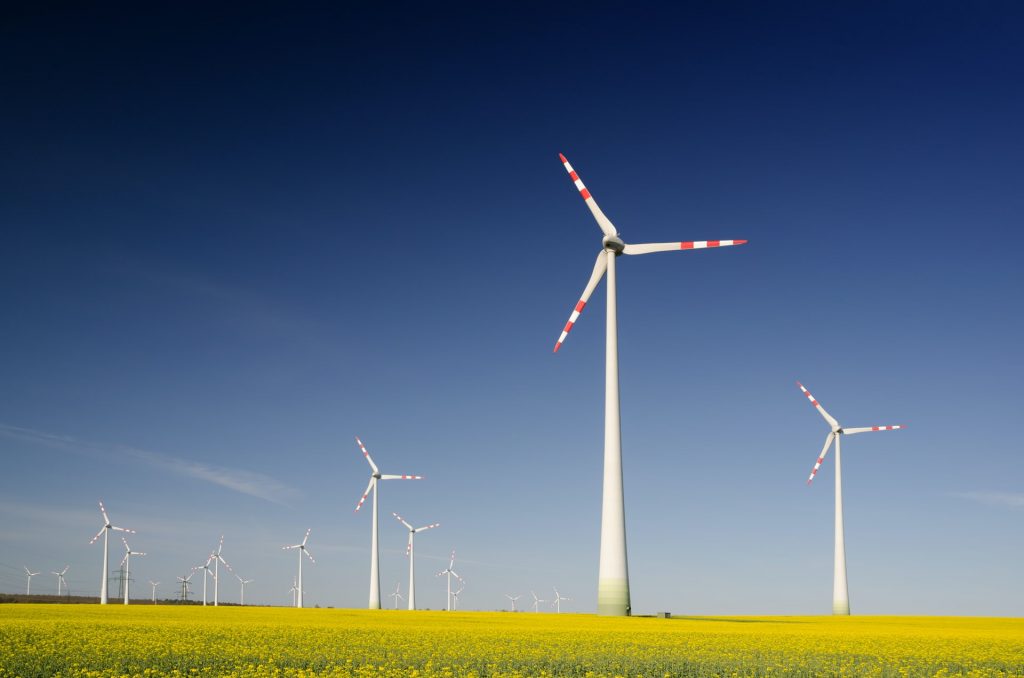Throughout the year multiple programmes, funds, and initiatives have launched to assist startups with capital investments and mentorships to ensure scalability in emerging markets, especially during this uncertain time of Covid-19.
The importance of sustainability has become an ever-relevant topic and industry in the present day, with environmental changes causing global shifts in climate change, harmful gas emissions, and overall negative impact to the environment and life on planet earth.
No ad to show here.
Here are three funding opportunities for sustainable startups in Africa
Sustainable startups are an integral part of adopting and creating innovative and sustainable solutions to pressing issues faced in local and global communities.
Sustainable startups that focus on environmental challenges faced in communities are encouraged to look into the following funding opportunities.
GreenTec Capital Partners
Founded in 2015, GreenTec Capital Partners is a long-term investor that collaborates with African startups that demonstrate potential and a sustainable business model. GreenTec not only invests in African startups that focus on economic, social, or environmental impact but also provides customized operational support to add value to companies to close the funding gap in early-stage investments.
GreenTec invests in African startups and SMEs to drive both social and environmental impact with an offset of financial success. Startups will have the opportunity to interact with international experts and the latest technology to further accelerate and increase business impact locally.
GreenTec aims to reportedly grow 400 companies by 2023 while maintaining at least 75% impact-focused enterprises. This will be done by offering startups capacity building, process optimisation, and a diverse team of experts.
The GEF Small Grant Programme
Established in 1991, the Global Environmental Facility (GEF) is an independent financial mechanism that has global partnerships in 181 countries, international institutions, NGOs, and the private sector. GEF’s objective is to highlight global environmental issues and support sustainable development initiatives on a national level.
The GEF assists countries with fulfilling their obligations relating to Convention on Biological Diversity (CBD), the UN Framework Convention on Climate Change (UNFCCC), the UN Convention to Combat Desertification (UNCCD), and the Stockholm Convention on Persistent Organic Pollutants.
The Small Grants Programme (SGP) launched in 1992 under GEF and operates in more than 125 countries. The programme focuses on communities impacted by the effects of environmental degradation by investing in the development of communities and civil society organisations. The programme has reportedly contributed to environmental conservation and climate change by supporting projects led by innovative entrepreneurs.
Interested applicants must be registered civil organisations such as NGO’s or Community Based Organisations (CBOs) and their business model must aim to achieve environmental sustainability both locally and globally. Successful applicants are eligible for financial support of up to $50 000 per project.
The SGP began operating in South Africa in 2001 and has since supported over 100 projects to the value of over $4.5-million. The SGP also showed support by co-financing over $8-million in 2016. The main focus of the GEF and SGP is the Department of Environmental Affairs (DEA), which is responsible for the GEF Funds.
The Green Fund
The Government of SA through the Department of Environmental Affairs (DEA) has created the Green Fund to support the transition to a low carbon, resource-efficient, and climate-resilient development path that delivers high impact economic, environmental, and social benefits.
The fund is valued at R800-million which demonstrates that resources are available for disbursement by the Green Fund. Appointed by the DEA, the Development Bank of Southern Africa (DBSA) is the implementing agent of the Green Fund.
The Green Fund’s main objective is to provide catalytic finance that will decrease poverty and increase job creation.
The Green Fund supports initiatives by highlighting innovative and high impact green programmes and projects, driving climate policy objectives through green interventions, developing an evidence base to expand the green economy, and therefore attract additional resources that will support SA’s green economy development.
Eligibility for the funding programme is dependent on stringent criteria set out by the DEA and includes the following:
- The project or product must be innovative in relation to the green economy
- Evidence that the project or startup cannot scale up without the additional funding provided
- The startup showcases a clear potential to scale up and be implemented at a larger scale
- Demonstrate relevance to one of the three categories; Environmental and Natural Resource Management, Low Carbon Economy, or Green Cities and Towns.
Each applicant will undergo a screening process to assess the suitability of the startup and the funding programme.
Read more: Six ocean-minded startups in SA
Read more: Five South African Venture Capital firms
Featured image: Zbynek Burival via Unsplash
